Source: Internationalist 360
May 29 2022

Anxiety about the expansion of the North Atlantic Treaty Organization (NATO) toward the Russian border is one of the causes of the current war in Ukraine. But this is not the only attempt at expansion by NATO, a treaty organization created in 1949 by the United States to project its military and political power over Europe. In 2001, NATO conducted an “out of area” military operation in Afghanistan, which lasted 20 years, and in 2011, NATO—at the urging of France—bombed Libya and overthrew its government. NATO military operations in Afghanistan and Libya were the prelude to discussions of a “Global NATO,” a project to use the NATO military alliance beyond its own charter obligations from the South China Sea to the Caribbean Sea.
NATO’s war in Libya was its first major military operation in Africa, but it was not the first European military footprint on the continent. After centuries of European colonial wars in Africa, new states emerged in the aftermath of World War II to assert their sovereignty. Many of these states—from Ghana to Tanzania—refused to allow the European military forces to reenter the continent, which is why these European powers had to resort to assassinations and military coups to anoint pro-Western governments in the region. This allowed for the creation of Western military bases in Africa and gave Western firms freedom to exploit the continent’s natural resources.
Early NATO operations stayed at the edge of Africa, with the Mediterranean Sea being the major frontline. NATO set up the Allied Forces Southern Europe (AFSOUTH) in Naples in 1951, and then the Allied Forces Mediterranean (AFMED) in Malta in 1952. Western governments established these military formations to garrison the Mediterranean Sea against the Soviet navy and to create platforms from where they could militarily intervene in the African continent. After the Six-Day War in 1967, NATO’s Defense Planning Committee, which was dissolved in 2010, created the Naval On-Call Force Mediterranean (NOCFORMED) to put pressure on pro-Soviet states—such as Egypt—and to defend the monarchies of northern Africa (NATO was unable to prevent the anti-imperialist coup of 1969 that overthrew the monarchy in Libya and brought Colonel Muammar Gaddafi to power; Gaddafi’s government ejected U.S. military bases from the country soon thereafter).
Conversations at NATO headquarters about “out of area” operations took place with increasing frequency after NATO joined the U.S. war on Afghanistan. A senior official at NATO told me in 2003 that the United States had “developed an appetite to use NATO” in its attempt to project power against possible adversaries. Two years later, in 2005, in Addis Ababa, Ethiopia, NATO began to cooperate closely with the African Union (AU). The AU, which was formed in 2002, and was the “successor” to the Organization of African Unity, struggled to build an independent security structure. The lack of a viable military force meant that the AU often turned to the West for assistance, and asked NATO to help with logistics and airlift support for its peacekeeping mission in Sudan.
Alongside NATO, the U.S. operated its military capacity through the United States European Command (EUCOM), which oversaw the country’s operations in Africa from 1952 to 2007. Thereafter, General James Jones, head of EUCOM from 2003 to 2006, formed the U.S. Africa Command (AFRICOM) in 2008, which was headquartered in Stuttgart, Germany, because none of the 54 African nations were willing to give it a home. NATO began to operate on the African continent through AFRICOM.
Libya and NATO’s Framework for Africa

NATO’s war on Libya changed the dynamics of the relationship between the African countries and the West. The African Union was wary of Western military intervention in the region. On 10 March, 2011, the AU’s Peace and Security Council set up the High-Level ad hoc Committee on Libya. The members of this committee included then-AU Chairperson Dr. Jean Ping and the heads of state of five African nations—former President of Mauritania Mohamed Ould Abdel Aziz, Republic of Congo’s President Denis Sassou Nguesso, Mali’s former President Amadou Toumani Touré, former President of South Africa Jacob Zuma and Uganda’s President Yoweri Museveni—who were supposed to fly into Tripoli, Libya, and negotiate between the two sides of the Libyan civil war soon after the committee’s formation. The United Nations Security Council, however, prevented this mission from entering the country.
At a meeting between the High-Level ad hoc Committee on Libya and the United Nations in June 2011, Uganda’s Permanent Representative to the United Nations during that time, Dr. Ruhakana Rugunda, said, “It is unwise for certain players to be intoxicated with technological superiority and begin to think they alone can alter the course of human history toward freedom for the whole of mankind. Certainly, no constellation of states should think that they can recreate hegemony over Africa.” But this is precisely what the NATO states began to imagine.
Chaos in Libya set in motion a series of catastrophic conflicts in Mali, southern Algeria and parts of Niger. The French military intervention in Mali in 2013 was followed by the creation of the G5 Sahel, a political platform of the five Sahel states—Burkina Faso, Chad, Mali, Mauritania and Niger—and a military alliance between them. In May 2014, NATO opened a liaison office at the AU headquarters in Addis Ababa. At NATO’s Wales Summit in September 2014, the alliance partners considered the problems in the Sahel that entered the alliance’s Readiness Action Plan, which served as “[the] driver of NATO’s military adaptation to the changed and evolving security environment.” In December 2014, NATO foreign ministers reviewed the plan’s implementation, and focused on the “threats emanating from our southern neighborhood, the Middle East, and North Africa” and established a framework to meet the threats and challenges being faced by the South, according to a report by the former President of the NATO Parliamentary Assembly, Michael R. Turner. Two years later, at NATO’s Warsaw Summit in 2016, NATO leaders decided to increase their cooperation with the African Union. They “[welcomed] the robust military commitment of Allies in the Sahel-Sahara region.” To deepen this commitment, NATO set up an African Standby Force and began the process of training officers in African military forces.
Meanwhile, the recent decision to eject the French military is rooted in a general sensibility growing in the continent against Western military aggression. No wonder then that many of the larger African countries refused to follow Washington’s position on the war on Ukraine, with half the countries either abstaining or voting against the UN resolution to condemn Russia (this includes countries such as Algeria, South Africa, Angola and Ethiopia). It is telling that South Africa’s President Cyril Ramaphosa said that his country “is committed to advancing the human rights and fundamental freedoms not only of our own people but for the peoples of Palestine, Western Sahara, Afghanistan, Syria and across Africa and the world.”
The ignominy of Western—and NATO’s—follies, including arms deals with Morocco to deliver Western Sahara to the kingdom and diplomatic backing for Israel as it continues its apartheid treatment of Palestinians, bring into sharp contrast Western outrage at the events taking place in Ukraine. Evidence of this hypocrisy serves as a warning while reading the benevolent language used by the West when it comes to NATO’s expansion into Africa.
This article was produced by Globetrotter. Vijay Prashad is an Indian historian, editor and journalist. He is a writing fellow and chief correspondent at Globetrotter. He is an editor of LeftWord Books and the director of Tricontinental: Institute for Social Research. He is a senior non-resident fellow at Chongyang Institute for Financial Studies, Renmin University of China. He has written more than 20 books, including The Darker Nations and The Poorer Nations. His latest book is Washington Bullets, with an introduction by Evo Morales Ayma.


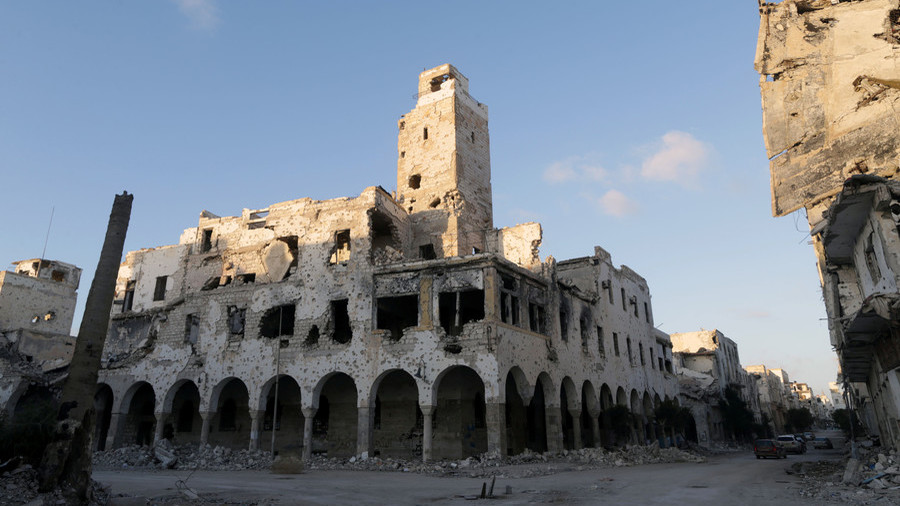
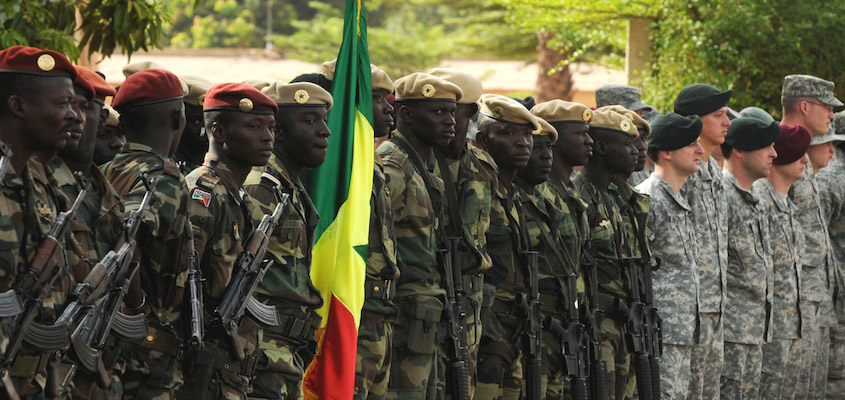
 Earlier that day, Gaddafi’s hometown of Sirte had been occupied by Western-backed militias, following a month-long battle during which NATO and its “rebel” allies pounded the city’s hospitals and homes with artillery, cut off its water and electricity, and publicly proclaimed their desire to “starve [the city] into submission.” The last defenders of the city, including Gaddafi, fled Sirte that morning, but their convoy was tracked and strafed by NATO jets, killing 95 people. Gaddafi escaped the wreckage but was captured shortly afterward. I will spare you the gruesome details, which the Western media gloatingly broadcast across the world as a triumphant snuff movie. Suffice to say that he was tortured and eventually shot dead.
Earlier that day, Gaddafi’s hometown of Sirte had been occupied by Western-backed militias, following a month-long battle during which NATO and its “rebel” allies pounded the city’s hospitals and homes with artillery, cut off its water and electricity, and publicly proclaimed their desire to “starve [the city] into submission.” The last defenders of the city, including Gaddafi, fled Sirte that morning, but their convoy was tracked and strafed by NATO jets, killing 95 people. Gaddafi escaped the wreckage but was captured shortly afterward. I will spare you the gruesome details, which the Western media gloatingly broadcast across the world as a triumphant snuff movie. Suffice to say that he was tortured and eventually shot dead.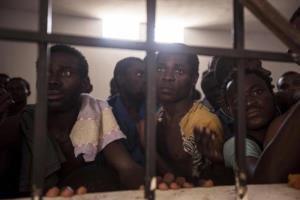
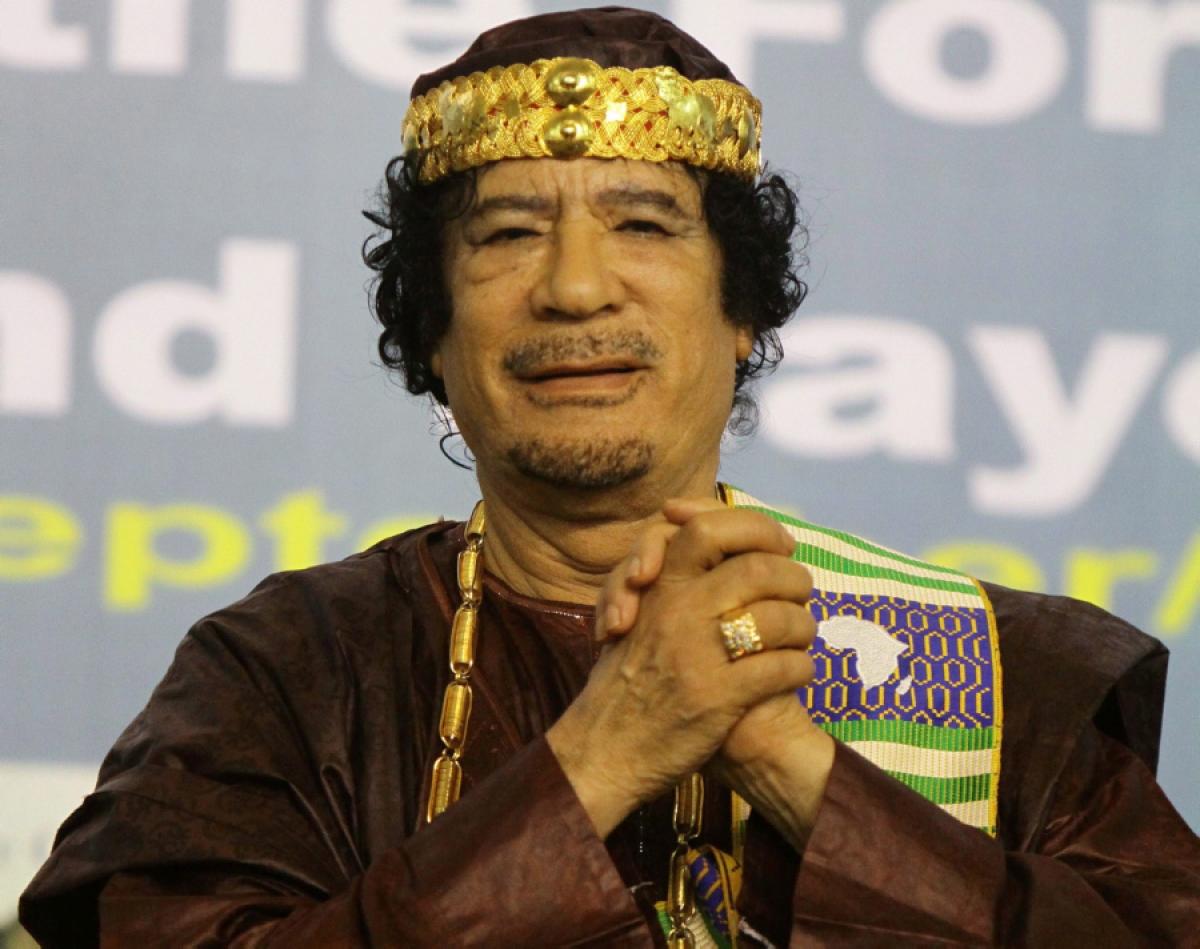 Boris Johnson, the United Kingdom’s Foreign Secretary has described as a ‘tragedy’ the ouster of former Libyan leader, Muammar Gaddafi.
Boris Johnson, the United Kingdom’s Foreign Secretary has described as a ‘tragedy’ the ouster of former Libyan leader, Muammar Gaddafi.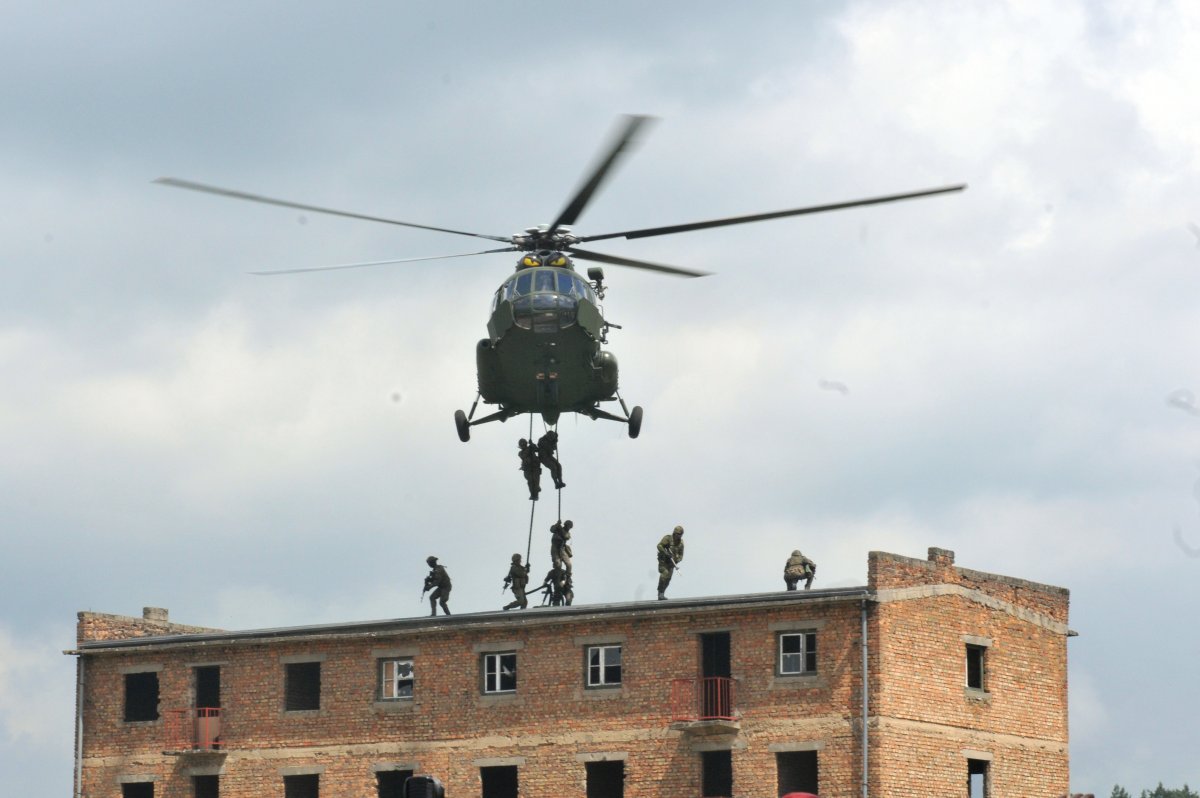 While NATO is touting this move as training, the Russians are calling it the “summer of provocation,” and a move to reignite the Cold War intended to force Moscow to starve its domestic economy to ramp up its military to meet a growing external threat.
While NATO is touting this move as training, the Russians are calling it the “summer of provocation,” and a move to reignite the Cold War intended to force Moscow to starve its domestic economy to ramp up its military to meet a growing external threat.